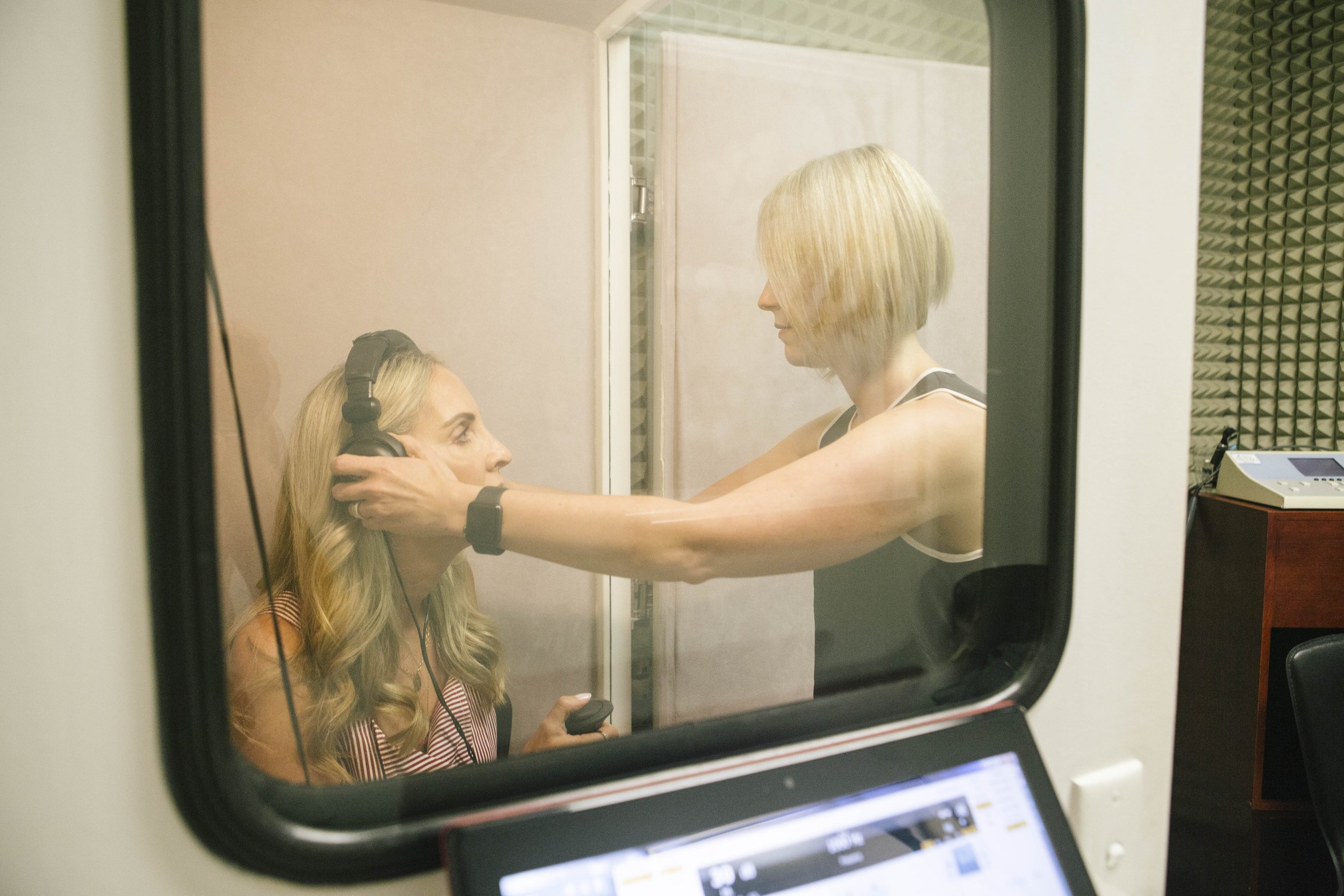What to Expect at Your First Hearing Test Appointment
Having your health assessed can always be a daunting experience and no one wants to hear that their health is deteriorating. But having your hearing tested can be a very easy process and does not have to be overwhelming.
Hearing tests are important in evaluating the sensitivity of your hearing. Should you have a hearing loss; an audiogram will determine the type and sensitivity of the hearing loss. This process is non-invasive, pain-free and completed by a qualified audiologist.
The appointment begins with a visual inspection of your ear canal and ear drum using a light device called an otoscope. This is completed before the hearing test to ensure there is no ear wax blocking the ear canal. If there is ear wax blocking your ear canal, it can be safely removed to guarantee exact results are obtained.
Then, a middle ear test is completed. This is known as tympanometry. A tympanometer will put a small amount of pressure in your ear, and it feels like you are briefly on an aeroplane. This measurement allows the audiologist to measure if there is congestion or a blockage in your middle ear.
The hearing test is then conducted in a sound treated booth to ensure there is no noise to interfere with your results. You will be given headphones and asked to push a button when you hear a sound or beep. The audiologist will test both of your ears at different pitches. The audiologist will then change the headphones to a bone conduction head band. This head band sends the signal directly to your hearing organ, called the cochlear. You will be given the button again to push when you hear the sound. This is helpful in evaluating your cochlear function, as well as locating where a hearing loss may be located. Your results are plotted on a graph called an audiogram. This comprehensive test is a thorough and precise diagnostic assessment of your hearing sensitivity.
The final part of the hearing test is speech testing. This part of the test uses words or sentences to understand your functional hearing and it is helpful for your audiologist to gauge how your hearing is impacting on your communication abilities.
After the different tests are completed, your audiologist will sit down with you to go through your results. The most important part of the hearing test is ensuring that you understand how your ears are functioning and what your results mean. The audiologist will also generate a comprehensive report for you and your referring specialist. Your audiologist will discuss hearing loss prevention tactics, if medical intervention is required or provide information on hearing devices if they are recommended.
If you require a hearing test, Hearing Innovations recommends a comprehensive hearing assessment with one of our university trained audiologists. If you are looking for a comprehensive, accurate and independent hearing clinic, contact Hearing Innovations.
Link to contact us page: https://www.hearinginnovations.com.au/contact-us

